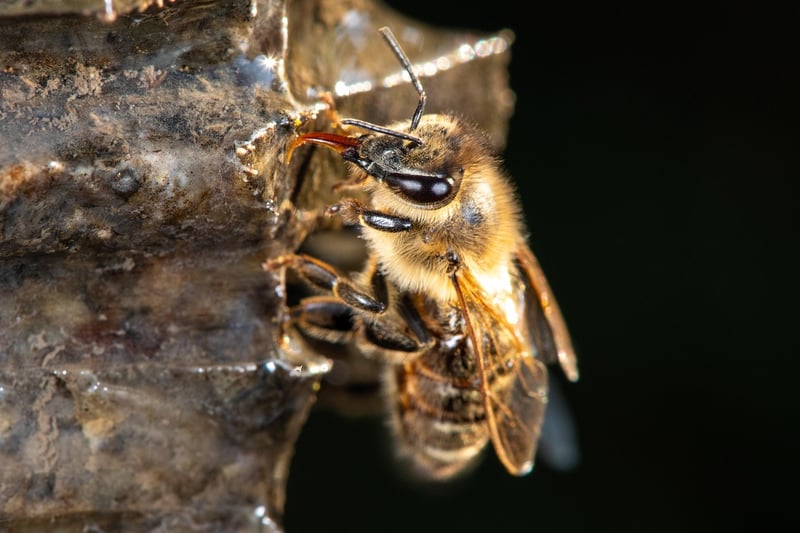Pollinator Protection
Promoting Bee Populations in Cities for Pollinator Protection

Bees play a crucial role in our ecosystem as pollinators, aiding in the reproduction of plants and the production of fruits and vegetables. However, bee populations worldwide are declining due to various factors such as habitat loss, pesticide use, and climate change. To protect these essential pollinators and promote biodiversity, it is important to take action, even in urban environments.
Creating Bee-Friendly Cities
Urban areas can provide valuable habitats for bees by incorporating bee-friendly practices into city planning and landscaping. Some ways to promote bee populations in cities include:
- Planting native wildflowers in parks, gardens, and green spaces to provide bees with food sources.
- Installing bee hotels or nesting sites to offer shelter for solitary bees.
- Reducing the use of pesticides and opting for bee-safe alternatives to protect pollinators.
- Educating the community about the importance of bees and how they can contribute to their conservation.
Benefits of Bee Conservation
Conserving bee populations in cities not only supports biodiversity but also has several other benefits:
- Increased pollination leads to better crop yields and healthier ecosystems.
- Bees contribute to the beauty of urban green spaces by pollinating flowers.
- Supporting bee populations helps ensure the sustainability of our food supply.
Take Action for Pollinator Protection
Everyone can play a part in protecting bees and other pollinators. Whether you live in a city or rural area, you can help by:
- Planting bee-friendly flowers in your garden or balcony.
- Avoiding the use of pesticides that harm bees and other beneficial insects.
- Supporting local beekeepers and buying honey from sustainable sources.
- Participating in community projects that aim to conserve pollinators.
By taking small steps to promote bee populations in cities and protect pollinators, we can make a significant impact on the health of our environment and ensure a sustainable future for generations to come.

